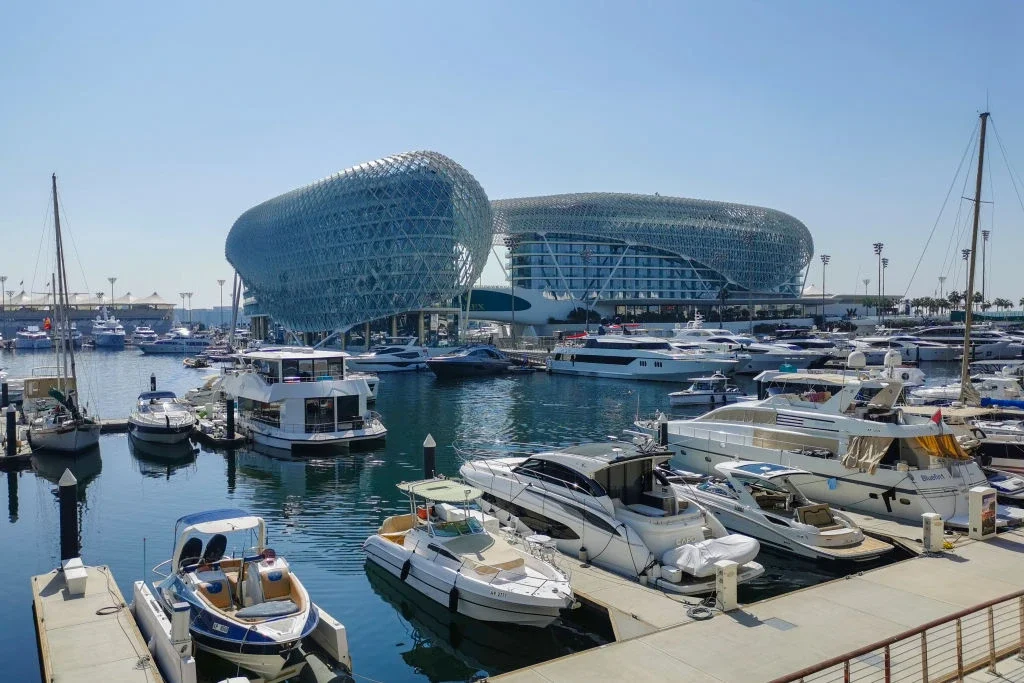
As an increasing number of high-net-worth couples relocate to a welcoming UAE, the region has hastened an overhaul of its family legal systems. In what’s being described as a bid to align more with Western values and civil practices, capital Abu Dhabi is piloting a new non-Muslim family court to deal with divorce for expats.
However, in doing so the choice to have cases heard in the UK appears to have been removed by a recent decision in a case heard in London, while the fairness of the system has also come into question.
Even though much has been said about the Abu Dhabi court’s western values, when it comes to children, Sharia law still applies. The father is automatically viewed as the guardian and the children live with him after a certain age unless he agrees otherwise. Mothers are only entitled to maintenance if the children live with her.
The UAE can also consider a mother returning to the UK with her children without the father’s consent as kidnap, rather than child abduction, which is a criminal offence in the UAE punishable by life imprisonment or the death penalty. Such a case is pursued by the father obtaining a criminal judgement in the criminal courts, which he applies to enforce through Interpol.
However, a British woman who recently battled to have her divorce heard in the UK was unsuccessful, in a ground-breaking ruling by a British judge.
Should British women migrating to the UAE be worried?
Until now, married Britons who relocate to the UAE have been safe in the knowledge they can choose the Family Court in England & Wales to deal with child custody and finances in the event of a divorce.
However, a landmark ruling last year by Judge Edward Hess in the case of SA v FA has put this common practice in jeopardy. A woman who petitioned to divorce her wealthy British husband ‘back home’ in England had her application rejected in family court, in the first instance of its kind.
The woman’s lawyer pleaded that the new court in Abu Dhabi was still ‘embryonic’ and that any court decisions would be ‘determined according to Sharia norms’ but these claims were refuted by Judge Hess.
[See also: Dubai swoops for London hedge fund traders]

In siding with the woman’s wealthy husband, who counter-petitioned for proceedings to be heard in the new UAE family court, Judge Hess decided that because the couple had lived in the region for 14 years, Abu Dhabi was the best place to deal with the divorce.
The husband is on a tax-free income of £850,000 a year and has assets worth £4.5 million, compared to his wife who has £15,305, according to The Law Society Gazette.
‘It seems to me that the new court has been set up with a view to giving assurance to non-Muslims living in the UAE that, if they do become divorced, they will be dealt with in a way which is commensurate with norms of non-Muslim countries,’ Judge Hess wrote in his judgement.
[See also: Cracking down on ‘divorce tourism’? How the law in England and Wale could change]
Divorce in the UAE – what to consider:
– It takes just four weeks in the UAE from the moment a divorce is petitioned to dissolve the marriage
– Those who want their divorce dealt with in England and Wales may find proceedings in Abu Dhabi have overtaken any petition or application made in the UK
– For couples with children, only the custodial mother has a right to maintenance, but Sharia law still applies and ‘Guardianship’ – the right to make decisions about the children always lies with the father and custody also almost always lies with the father
– Despite most HNWs holding assets offshore in trusts, foundations or businesses, only assets in the Emirates are considered in divorce settlements
– There is limited right to appeal and judgements relating to finances below AED 500k (about £125,000) are final (no appeal) and enforceable
– Prenuptial agreements take precedence over statutory rules
Is London stepping away from its ‘divorce capital’ reputation?
The new system appears to be part of a concerted effort by the judiciaries of both England and Wales and the UAE to stem the flow of a divorcing couples’ ability to ‘forum shop’ – namely choose which jurisdiction to file for divorce under.
Courts in England and Wales have a particular reputation as being the most generous in the world, particularly for financially dependent spouses. But HNW cases in England and Wales take up a great deal of court and judicial time and at inordinate cost.
Abu Dhabi and Dubai are two of seven UAE Emirates most populated by HNW expats and it is likely Dubai, and eventually the other emirates, will follow in opening non-Muslim family courts.
In the meantime, Abu Dhabi can choose how to deal with the child custody arrangements and the separation of finances of Britons living in the capital.
To date, this court has dealt with relatively few non-Muslim divorces and as such, the future is unknown.
However, it’s fair to say that divorcing couples, particularly women, may not be unwise to have reservations about the capacity of new UAE courts to fully observe Western practices.






